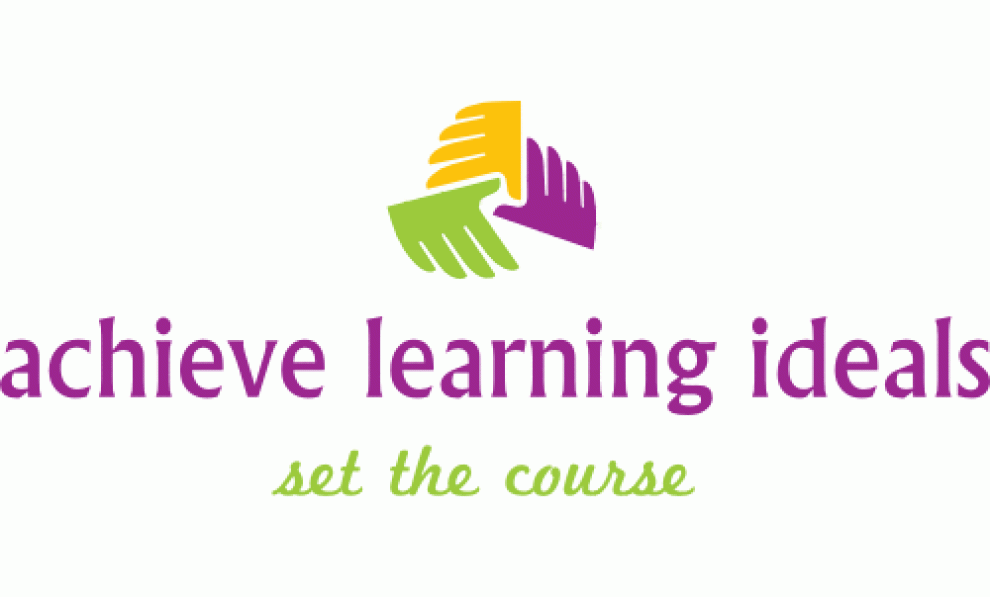Hi,
Happy students = Happy teacher and today my name is “Happy”
Not only is it a beautiful spring morning but also this weekend I heard from parents and children- University acceptances are in, student work is showing marked improvements, adults have had business proposals accepted- deadlines are being met, and my elementary school age students are growing…I tutor English to a broad range of students, children and adults, who keep me constantly on the lookout for up to date new materials. I mix and match lesson plans as many of my students are first language English speakers in need of clear direction how best to improve in their usage (homework help, k-12), on school reports, post secondary papers. With adults, again I tend to be eclectic and select materials for the professional business person per each student’s background and current needs- it is challenging and fun to learn about others- in addition there is the “specific to the test” prep as required. But perhaps most importantly – I believe everyone can learn how to do it for him/her self.
You see I was lucky- I grew up in the 70’s, a time of tremendous change, when “rail against complacency”, “enjoy the journey”, and “challenge yourself” were buzzwords, and learning to ask “why” a mantra to be practiced. And I do like to read, but not everyone does, which can make the school program(s) a real challenge for some. What I have found is that many students who don’t like to read don’t know How to read, and have accepted that they “can’t”. Actually they Can, with proper instruction and guidance, master what is needed to achieve academic goals. I don’t think everyone has to become a book lover any more than everyone has to become physicist; some people’s personalities are more inclined to grow in certain directions. But everyone can learn how to move through a school system and own their own learning style. We just have to adopt the mantra of a little blue engine that made it up a hill and brought toys to the children on the other side- keep saying ” I think I can, I think I can, I think I can” ask questions, take chances, and grow.
Yes, You can.
